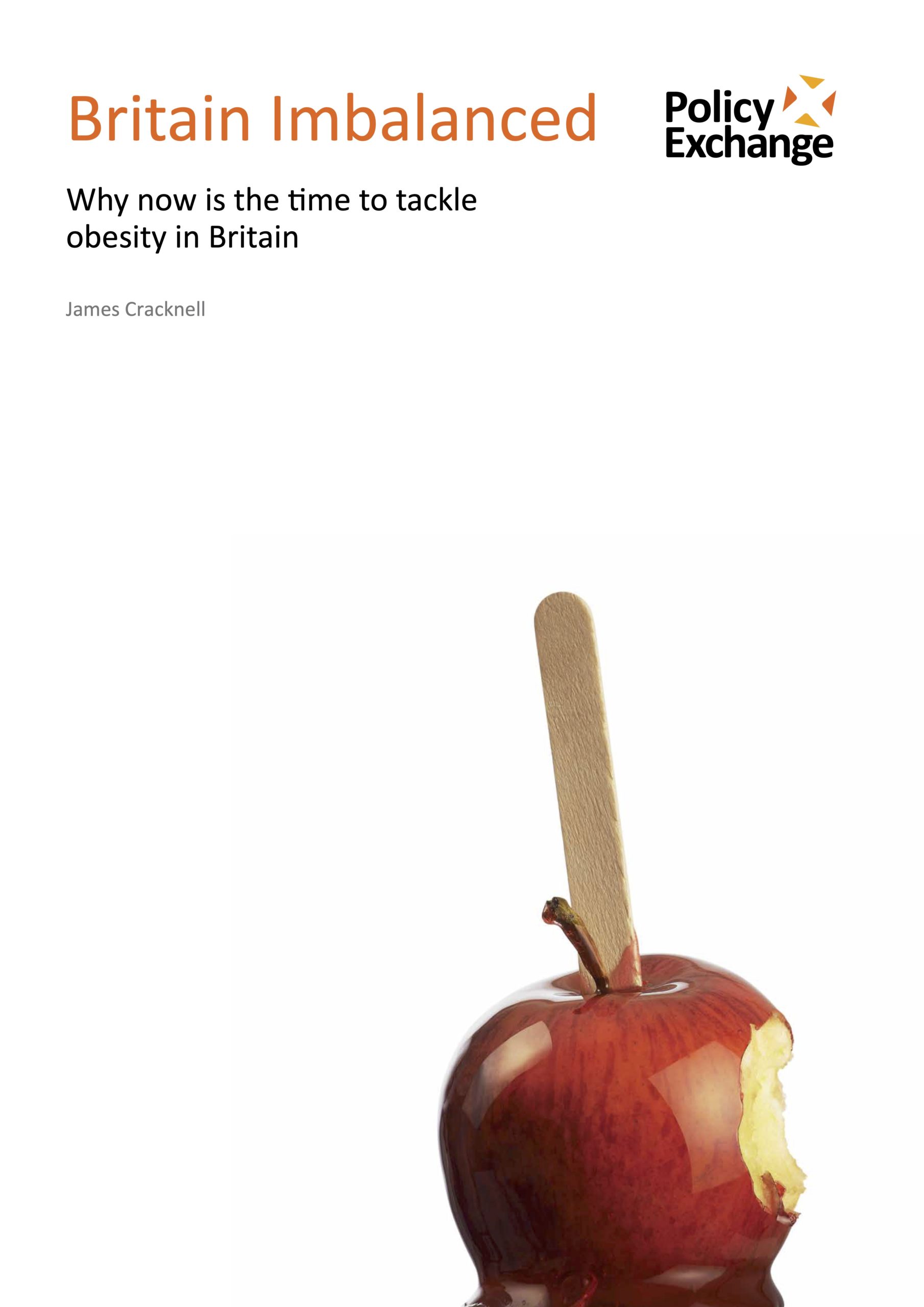
Britain Imbalanced
A tax on sugary drinks should be introduced as part of a series of measures to combat rising levels of obesity in the UK, according to a Policy Exchange report published today.
The report, authored by double Olympic gold medallist, James Cracknell OBE, says that while a sugary drinks tax is not a magic bullet, but with soft drinks providing 29% of daily sugar for 11-18 year olds, it is on balance a sensible intervention to help prevent the rise in obesity, especially among children. He argues that any revenue raised through the new tax should be spent on preventing obesity rather than treatment.
Cracknell points to evidence in the British Medical Journal which found that when Mexico introduced a tax on sugar-sweetened drinks in 2014, purchases fell by 12% in the first year. He says that where there are very strong arguments against a general sugar tax, there is increasingly less resistance among the public to imposing one on sugary drinks, especially as recent research points to one sugary drink a day being linked to a 30% increase in high-risk body fat.
Alongside the introduction of a sugary drinks tax, the report makes a number of other recommendations including:
- using teaspoons as a unit of measurement on food and drinks packaging to ensure people know how much sugar is contained within an item of shopping;
- introducing an annual BMI check for children from 4 to 11 to get a true picture of how they are developing;
- increasing awareness of the Healthy Start scheme for the 20% of people who are pregnant or who have children under 4 and are not using their free vouchers to purchase essential items such as milk or fruit.
Cracknell also argues that the public discourse over obesity has to move on from simply one of weight to well-being. He says that letters sent to parents effectively ‘fat shaming’ their children have a detrimental effect on that individual, contributing to other physical and mental health illnesses such as anorexia.
Instead of naming and shaming children, he proposes that schools provide parents with advice linked to encouraging more sleep, physical exercise and eating nutritious meals. He also says Public Health England needs to do more to explore the issue of underweight children as evidence suggests people are more likely to die when clinically underweight than overweight.

